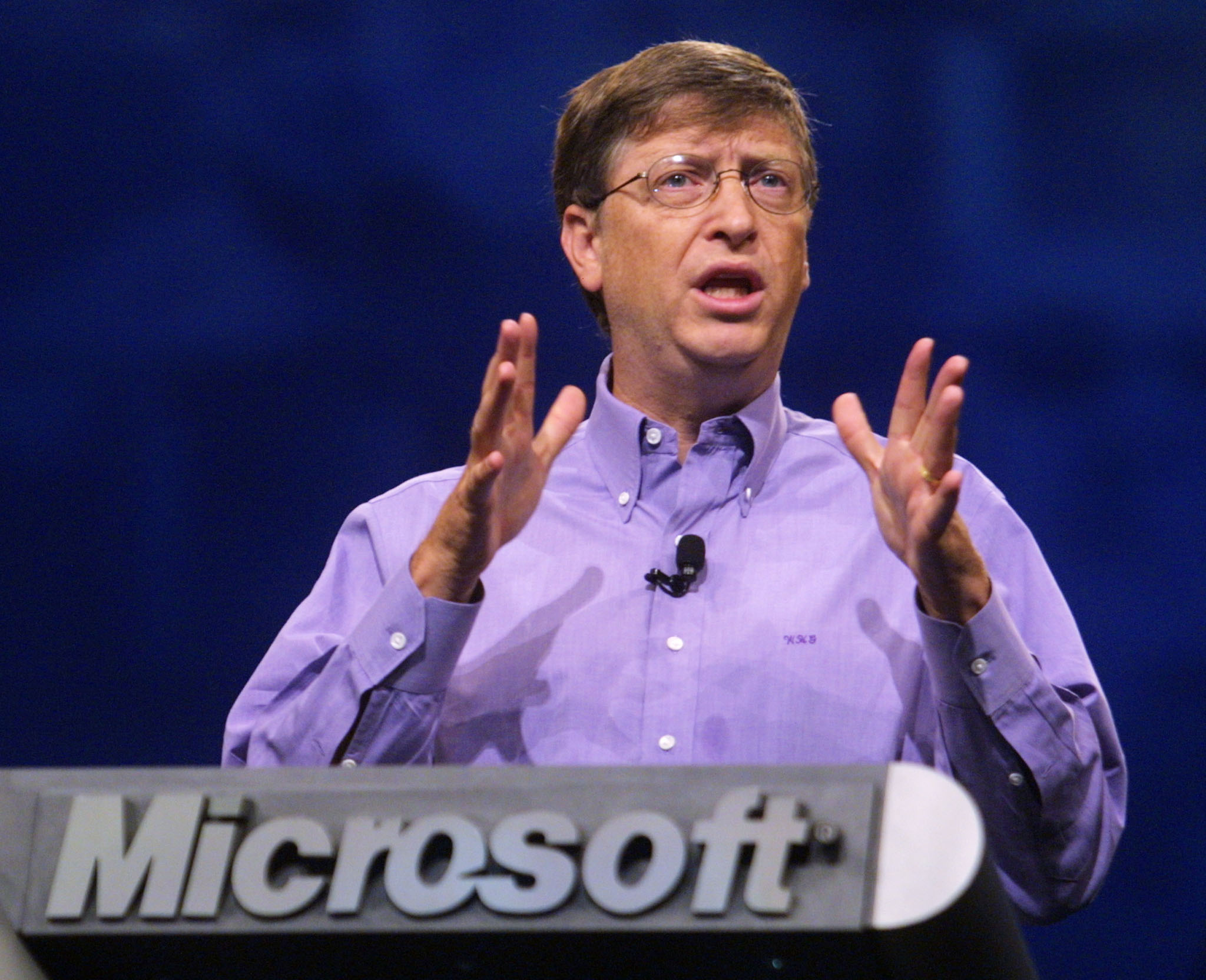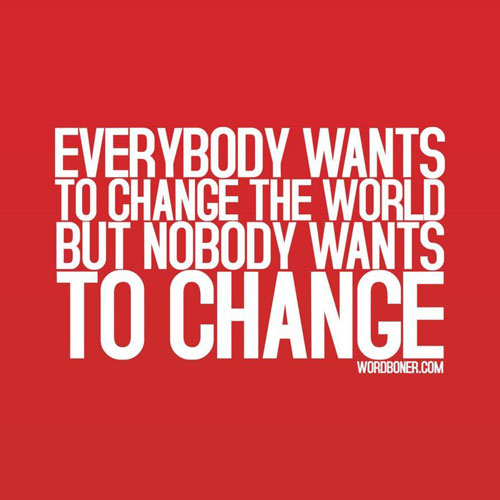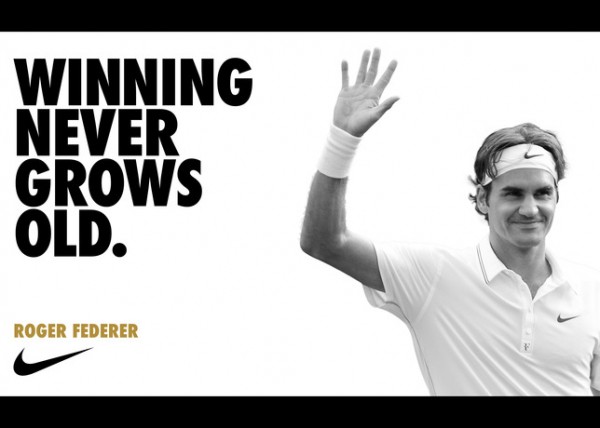
Just got back from Class 12 of COMM101 today (10/15/13). Such an amazing experience with lots of things to draw from!
The design of today’s class has given me an absolutely exciting insight into how companies make big decisions. From the Consultants to Investors and CEO, everyone will need to gather to help define, identify benefits and risks among a bunch of options and recommendations to arrive at a final conclusion.
Further from realizing the basic necessity of a meeting, I’ve also learned from today what makes a great meeting great. By being put into small groups and try to competitively take a stance, the model meeting we had today, I believe, went as smoothly as it could. The atmosphere was friendly yet competitive, pushing every one’s minds at work and contribute their ideas to protect their opinions, which is really important for investors and CEO to fully vision each option’s pros and cons, yet always bear in mind the larger goal of a united ‘company’.
Aside from that, my group (Netflix buying content) won! How awesome. And, today I’ve come to realize I go to school with a bunch of great people.
Nam,














